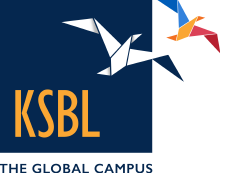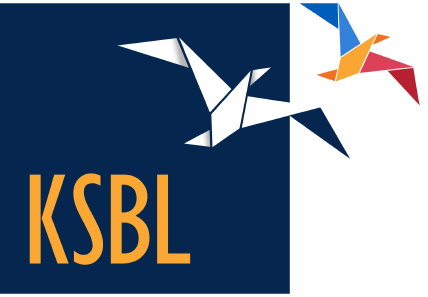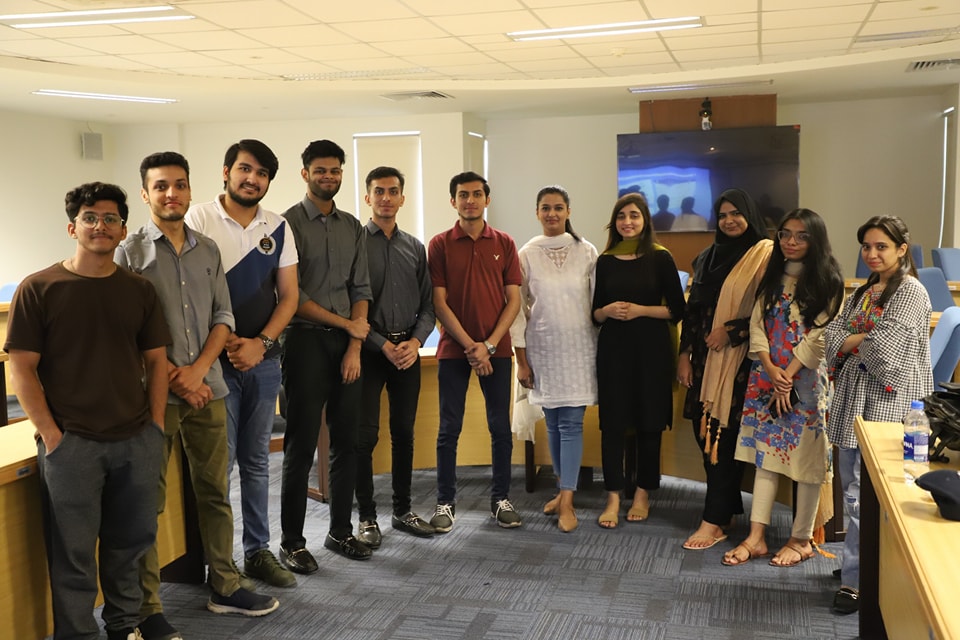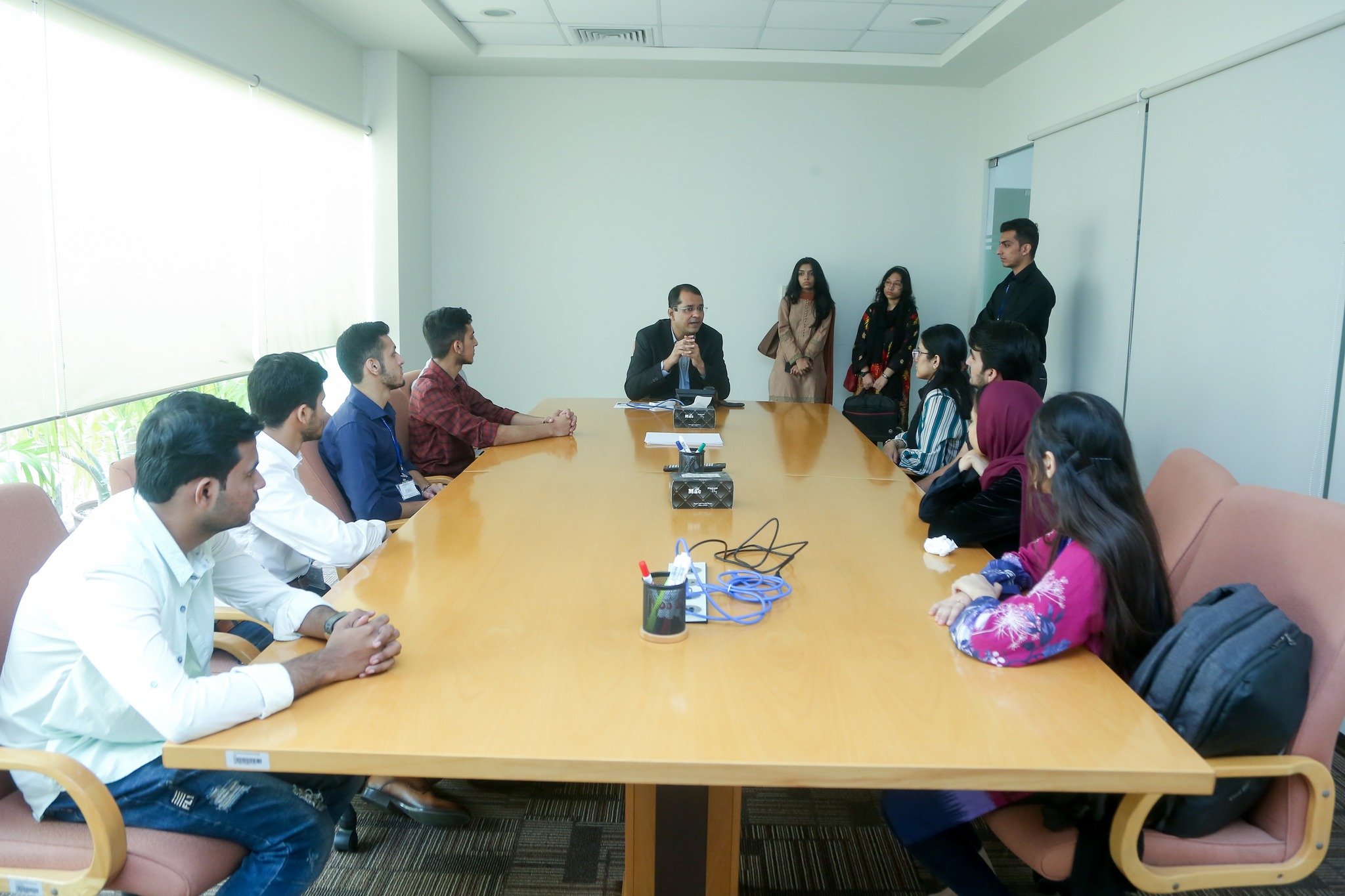KSBL BS Computer Science
The newly launched Bachelor’s in Computer Science program at KSBL is designed to train students to become business-savvy technology managers with expertise in the back-end operations. The program offers a comprehensive industry-driven curriculum that focuses on skill development, ensuring students are equipped with the necessary knowledge and abilities to excel in the field. With a future-ready technology education that covers programming, IT, software engineering, cyber security, networks, AI, and analytics, students are prepared to navigate the ever-evolving technological landscape. The program also fosters an entrepreneurial mindset, encouraging students to explore the realm of technopreneurship. Graduates of this program will have endless professional opportunities available to them, with a wide range of career paths in various industries. Students will have the opportunity to learn from top faculty members who bring their expertise and industry insights to the classroom, providing a transformative learning experience.
Program Objectives:
- Able to use contemporary computer science technologies to design and implement innovative solutions to emerging industry demands.
- Able to communicate effectively and utilize critical thinking, problem-solving, teamwork, and other skills for decision-making.
- Assume societal responsibility in managerial and entrepreneurial undertakings and demonstrate the highest standards of character and good manners encompassing truthfulness, trustworthiness, humility, integrity, and striving in times of hardship.
- Capable of continuing professional development to maintain pace with the latest computing technology demands.
Program Learning Outcomes:
Upon completion of a BS in Computer Science, students will be able to:
| Program Learning
Outcomes (PLOs) |
Computing Professional Graduate
|
| 1. Academic Education | Understand fundamental computing concepts, theories, practices, essential soft skills, and business insights. |
| 2. Knowledge for Solving Computing Problems | An ability to apply knowledge of algorithms, computing fundamentals, mathematics, and scientific reasoning to various computational problems.
|
| 3. Problem Analysis | Analyze a situation to identify one or more problems that can be resolved with computer intervention.
|
| 4. Design/ Development of Solutions | Ability to design, implement, and evaluate a computer-based solution of varying complexities to diverse societal problems. |
| 5. Modern Tool Usage | Be able to select and apply appropriate techniques and modern tools for modeling complex computing problems and designing their solutions.
|
| 6. Individual and Teamwork | Work effectively individually or as a team to develop and deliver quality solutions to computing problems.
|
| 7. Communication | Communicate written and oral with various audiences.
|
| 8. Computing Professionalism and Society | Ability to apply reasoning informed by contextual knowledge to assess societal, legal, and cultural issues and analyze their impact in all assessment areas.
|
| 9. Ethics | Demonstrate an understanding of social responsibility and demonstrate character strengths such as truthfulness, trustworthiness, humility, integrity, and striving in times of hardship in decision-making. |
| 10. Life-long Learning | Investigate new methodologies and technologies for lifelong learning and professional growth, and recognize the need for, and ability to engage in, independent learning for continuous progress as a computing professional.
|




